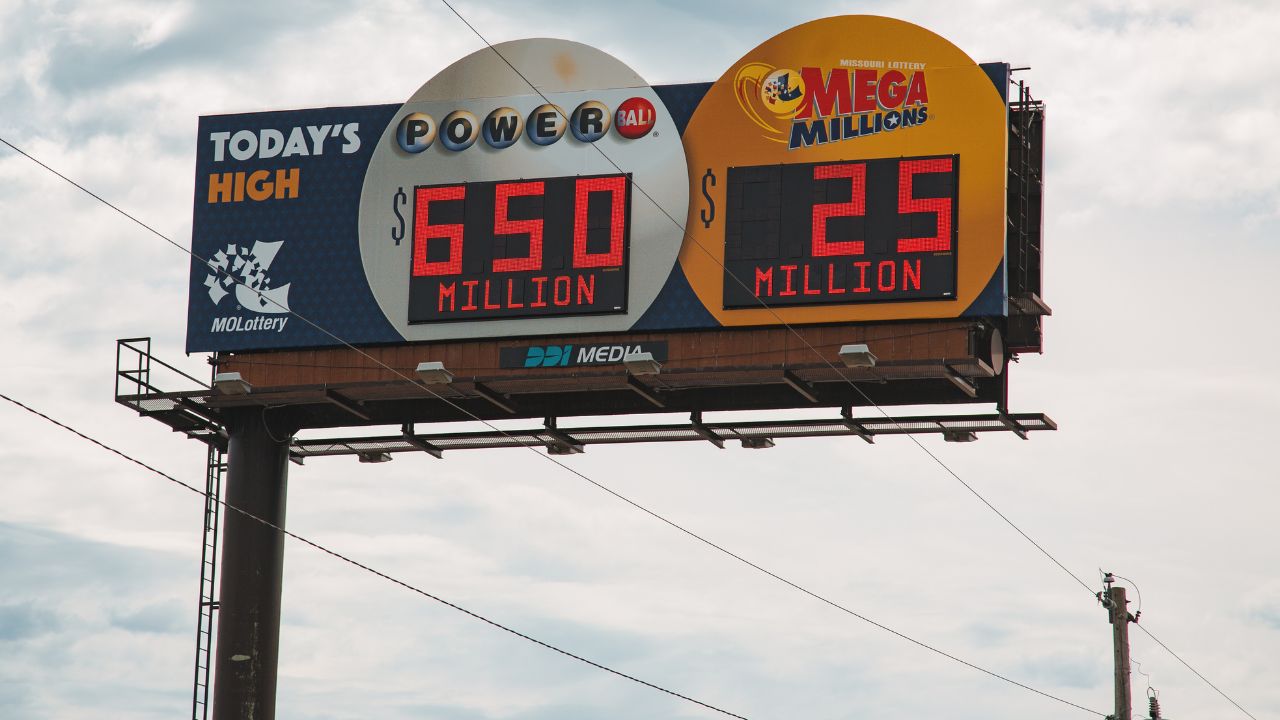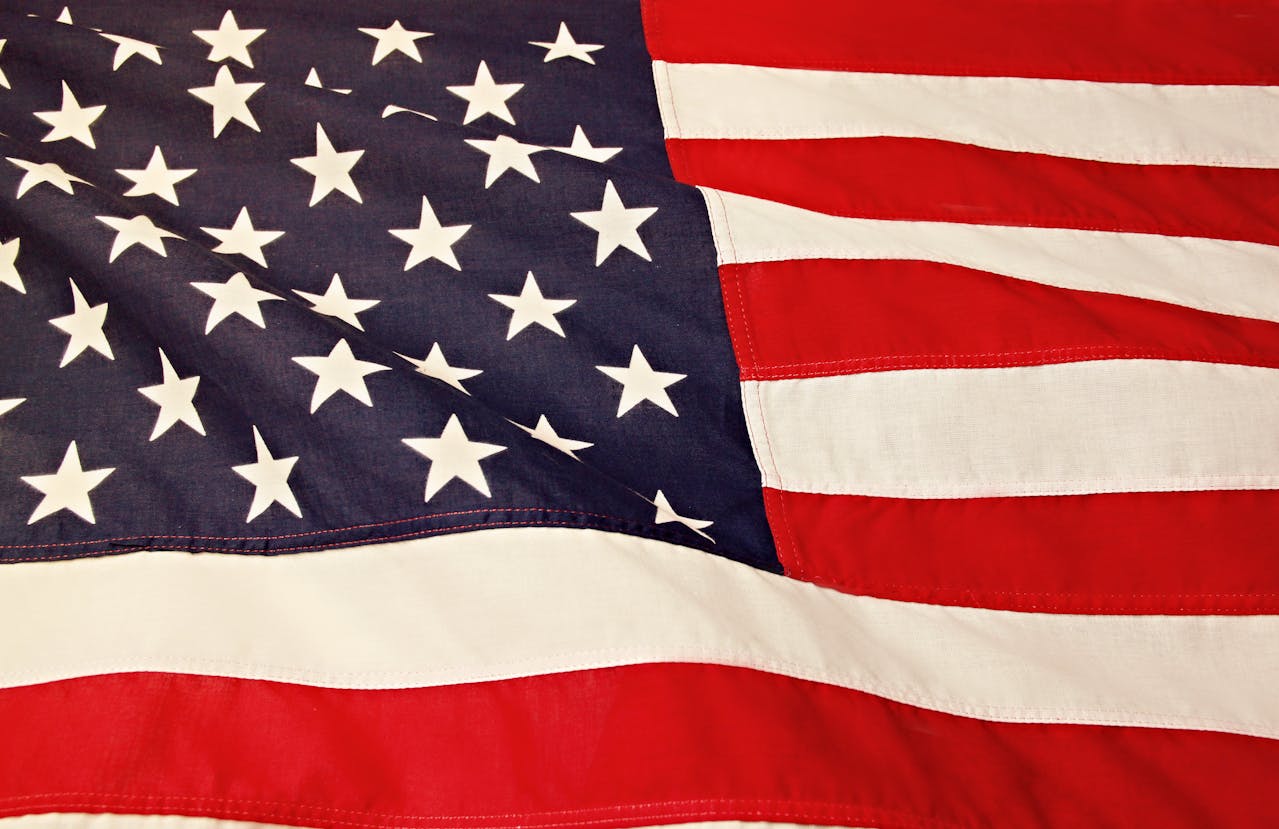The largest lottery prize in U.S. history was won in California in 2022. It totaled 2.04 billion dollars and set a national mark. More recently, a New Jersey ticket set that state’s Mega Millions record at 1.13 billion dollars.
Meanwhile, the latest Powerball reached almost 1.8 billion dollars. Two winning tickets were sold in Texas and Missouri, so the jackpot will be split. If both choose the lump sum, each would receive about 410.3 million dollars before taxes. The winners have not been identified.
In addition, Virginia just logged its biggest prize at 348 million dollars. That news arrived only weeks before Powerball finally hit. Still, none of these totals surpass California’s all-time record.
This guide now highlights the biggest jackpot ever won in selected states. Each entry notes the game, the date, and where the ticket was sold. For clarity, records follow the place of purchase, not the winner’s home state. Some states do not run lotteries at all, including Alabama, Alaska, Hawaii, Nevada, and Utah.
California
California holds the national record. A single Powerball ticket purchased at Joe’s Service Center in Altadena won 2.04 billion dollars on November 7, 2022. California does not allow anonymous claims, so the winner, Edwin Castro, became public. State and federal taxes apply to residents, which reduces the final payout. Even so, this remains the largest U.S. lottery prize to date. It followed an unusually long streak of rollovers that drove sales across the entire Powerball network.
Florida
Florida’s top mark is 1.602 billion dollars in Mega Millions, drawn on August 8, 2023. The lone winning ticket was sold at a Publix in Neptune Beach. Florida has no state income tax, so only federal taxes apply to residents. That difference can raise the net compared with a similar win in a high-tax state. The draw showed how quickly Mega Millions can climb when no ticket matches all six numbers for several weeks.
Illinois
Illinois set its record with 1.337 billion dollars in Mega Millions on July 29, 2022. The winning ticket came from a Speedway in Des Plaines. Two people claimed as a partnership and chose the lump sum. Illinois permits privacy for large prizes, so their names were not released. Local interest surged at the retailer, which received a bonus for selling the ticket. The case also highlighted the difference between the annuity headline and the one-time cash value.
Michigan

Michigan’s largest jackpot is 1.05 billion dollars in Mega Millions, drawn on January 22, 2021. The ticket was sold at a Kroger in Novi. A four-person group, known as Wolverine FLL, claimed the prize and selected the cash option. Retailer and state education funds received significant boosts from this draw. The win reminded players that group pools can claim the very top prize, not only smaller tiers.
New Jersey
New Jersey reached a new high on March 26, 2024 with a 1.13 billion dollar Mega Millions jackpot. The only winning ticket was sold at ShopRite Liquors in Neptune Township. New Jersey allows anonymity for large prizes, and the claimant stayed private. The store earned a sizable bonus, which drew regional media attention. The draw reinforced New Jersey’s frequent role in national jackpot cycles.
South Carolina
South Carolina’s record is 1.537 billion dollars in Mega Millions, drawn on October 23, 2018. The ticket was sold at KC Mart #7 in Simpsonville. State law permits anonymous claims, and the winner remained private. At the time, this was the largest single-ticket jackpot in U.S. history. The outcome sparked a broader conversation about privacy, transparency, and the safety of sudden wealth.
Maine
Maine’s first-ever Mega Millions jackpot also became its record. On January 13, 2023, a ticket sold at Hometown Gas & Grill in Lebanon won 1.35 billion dollars. The prize was claimed through a limited liability company, which is common in privacy-friendly states. For Maine, the impact was statewide. The retailer received a bonus, and the win proved that billion-dollar results can emerge from small towns, not only major cities.
Massachusetts

Massachusetts set its high with 758.7 million dollars in Powerball on August 23, 2017. The winning ticket was sold in Chicopee, and Mavis Wanczyk claimed publicly. At that time, it was the largest single-ticket win in the nation. Massachusetts taxes lottery income, so professional planning became part of the story. The case showed why many winners assemble legal and financial teams before stepping forward.
Missouri
Missouri shares that 587.5 million dollar Powerball mark from November 28, 2012. The winning ticket was sold in Dearborn. Public attention focused on both the winners and the retailer’s bonus. Missouri allows officials to withhold names unless a winner consents, which shapes what the public learns. The draw is still cited as the moment Missouri entered the era of mega-sized jackpots.
New York
New York’s high is 476 million dollars in Mega Millions, drawn on April 14, 2023. The winning ticket came from Ozone Park in Queens. Johnnie Taylor claimed publicly, making headlines across the city. New York taxes lottery income at both state and, in some cases, city levels. As a result, net payouts are smaller than in states without income taxes. Even so, the win remains a major milestone in New York’s lottery history.
States Without a Lottery
Five states do not operate a state lottery. They are Alabama, Alaska, Hawaii, Nevada, and Utah. Residents often cross state lines to purchase tickets. State records, however, follow the place of purchase. Because of that rule, these states do not have in-state jackpot records to report.
How to Read These Numbers
A few points help make sense of record jackpots. First, the advertised amount is the annuity value, paid over time. The cash option is lower but paid at once. Second, every winner owes federal taxes, and many also owe state taxes. Third, privacy rules vary by state. Some require public identification, while others allow anonymous claims or claims through trusts and limited liability companies. Finally, retailer bonuses matter. Stores that sell winning tickets receive rewards, which send immediate money into local communities.


